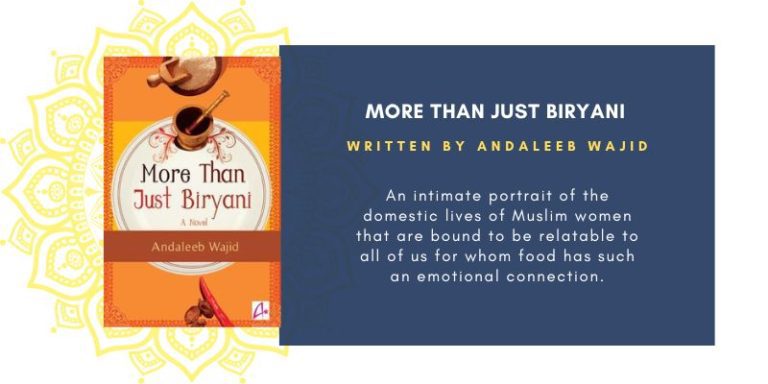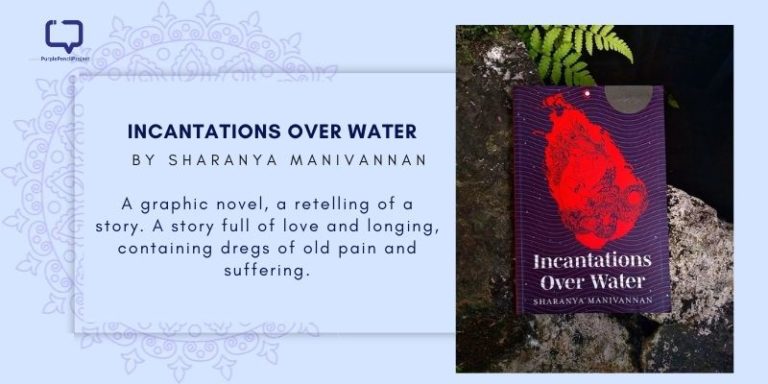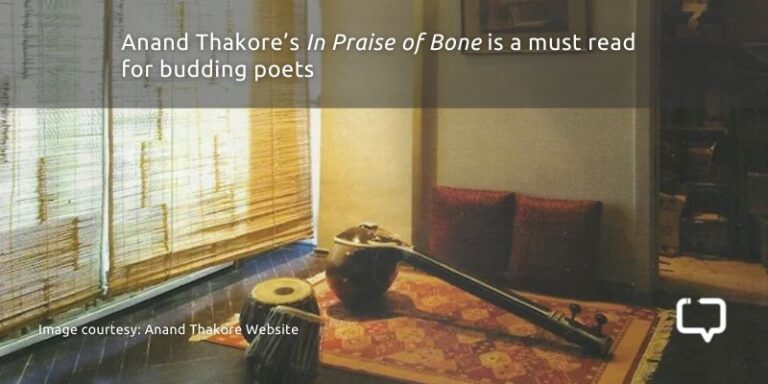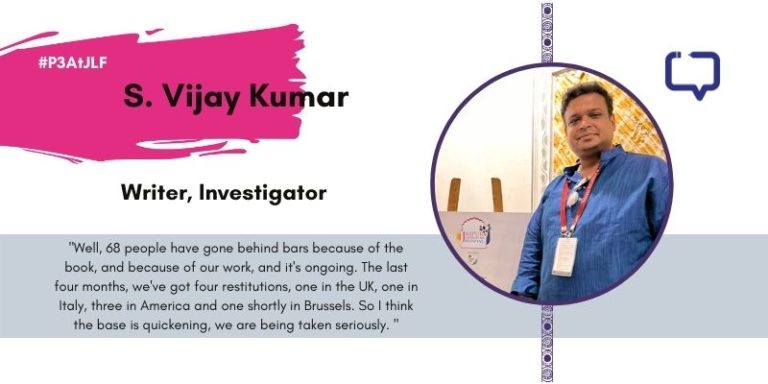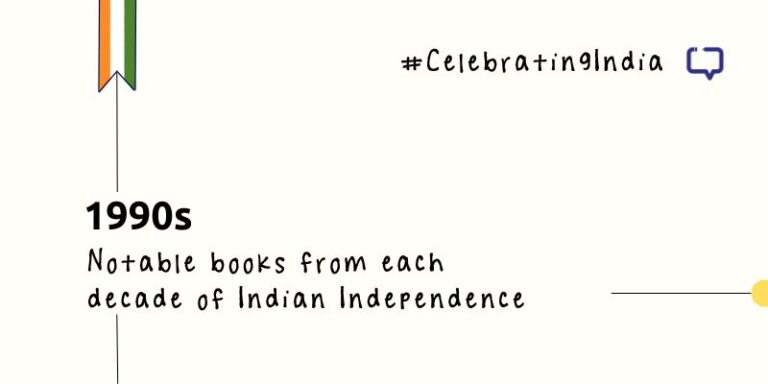Rahul Vishnoi reviews The Secret of More by Tejaswini Apte-Rahm (Published by Aleph Book Company, 2023)
Tejaswini Apte-Rahm, in the initial pages of The Secret of More describes an incident where a worm has lodged in the leg of the protagonist. The treating doctor issues a warning: if you force me to make haste, the worm will break into two, some part of it stuck in the body forever.
So let me take my time and pull it out slowly, a few millimetres per day. That’s how the author’s storytelling works: like a cascade of honey. Slow and fascinating.
Tejaswini Apte-Rahm isn’t afraid of taking a pause here and there; she lets her characters marinate in the events she cooks out from the vast entrails of history available at her disposal. The pace is languid yet steady. She knows and believes in her way of storytelling. And it works.
We encourage you to buy books from a local bookstore. If that is not possible, please use the links on the page and support us. Thank you.
The Story by Tejaswini Apte-Rahm
Tatya’s brother, a man of words, brings Tatya to a cloth market in Bombay. The former is more interested in doing business than studying. Within a few years, Tatya is running his own shop in the market. His past owner tells him:
‘You may become a great man one day. Or you may not. Either way, don’t take good fortune for granted.’
A few years after that he dabbles in the movie-making business. Apart from a few personal losses here and there, his business works well and the family shifts from a tiny chawl room to a sprawling sea-facing abode. Also, an interesting advice he gets:
‘Buy your own horse carriage only when you have the capacity to buy three of them.’
Tejaswini Apte-Rahm has woven multiple major historical landmarks into her story. A king arrives with a fanfare. A massacre in Punjab has its reverberations heard all over India.
Some of it you may know, others may come as a surprise. A water seller carrying two pitchers and shouting ‘Hindu water, Mussulman water’ particularly stands out.
The Characters
The fiercely domestic role of women in that time and age comes as a shock though not much has changed in our country from 1899, the year from in the story begins (barring the prologue that’s set in the future). Radha, Tatya’s wife, got married to him at the age of twelve. These are the lines used to describe her complexion:
‘Her skin was the colour of dark, milky tea. Obviously, a fair-skinned beauty would not have remained unmarried till the age of twelve.’
Tejaswini Apte-Rahm
The custom in the nineteenth century was such that the husband and wife would consummate the marriage after the girl got her first period. There is a harrowing chapter where Radha is dejected and depressed for not having her first blood even a long time after her marriage.
Her brother-in-law has sent a word that if this continues to be so, he will have to get Tatya married to another girl.

Radha went to every shrine, worshipped every god there was, and fasted for hours on end until she had no energy left. When she finally gets her period, she is made to sit in a separate room without any cover or cloth on the floor.
She can’t take a bath and has to go out before sunrise to relieve herself. When she does that, she brushes a tree switch against the ground to scare off any snake there could be.
Recommended Reads: Chetna Maroo’s Western Lane- An Unbelieve Tale of Survival
Radha’s mother, a widow, lives in her brother’s house. It’s heartening to see her character written in an unconventional light. She is clever, calls a spade a spade, and stands up for herself.
But this doesn’t extend to festivals and auspicious occasions when, being a widow and thus an unholy presence, she is made to sit and watch from a safe distance lest her shadow falls on the festivity.
She has taught her daughter how to read and when, after Radha reaches her home in Bombay, she sends a parcel full of books that becomes a subject of utmost curiosity for the chawl women who wonder who and why someone would send anything to a married woman and that too by post.
To Conclude
Tejaswini Apte-Rahm’s writing in some parts feels like it’s pressing some emotional buttons. But her skill broadly is superlative. The book, a tome in fact, holds your attention to the last page. She has married history to drama and this union is peculiarly entertaining.
Have you read this extraordinary tale of a country in turmoil? What do you think of it? Drop a comment below and let us know!











